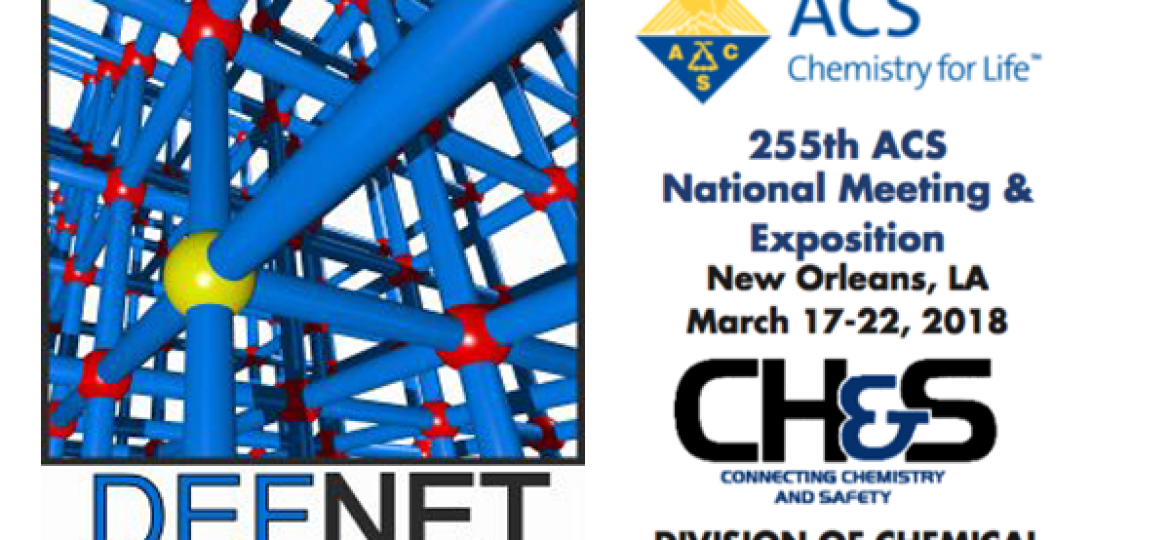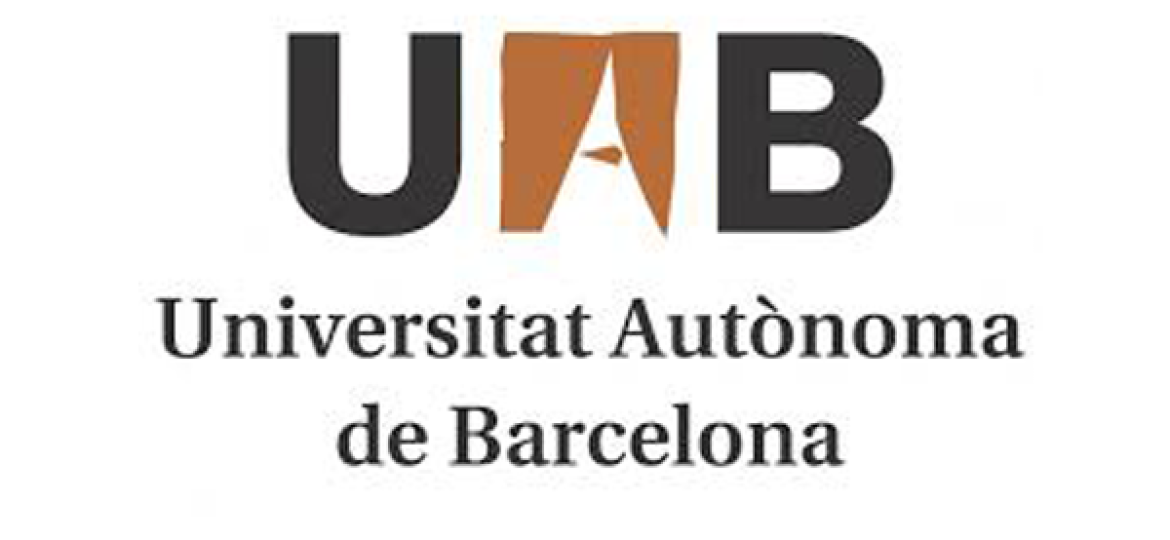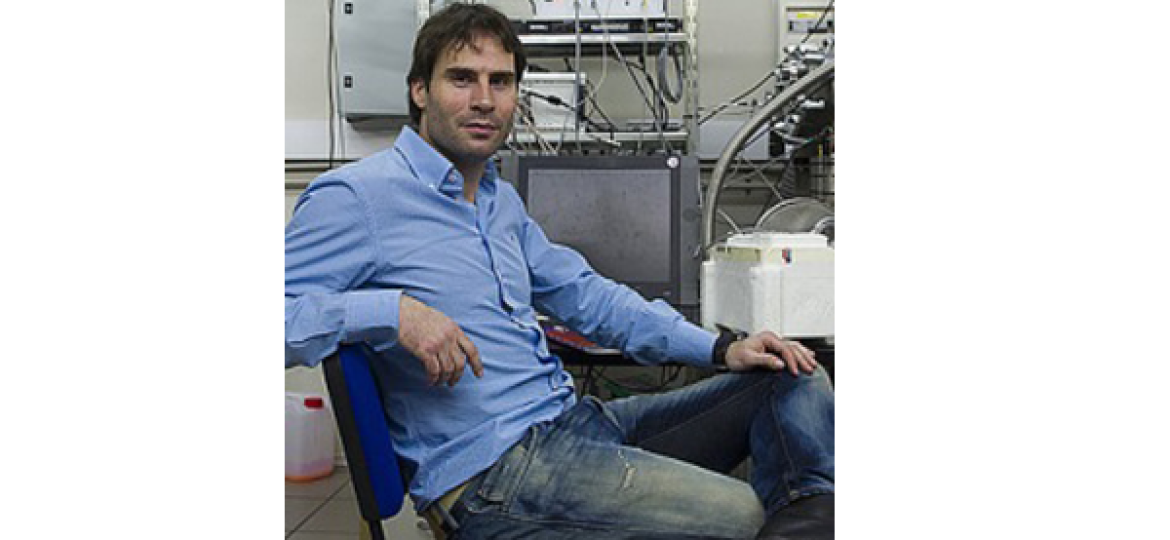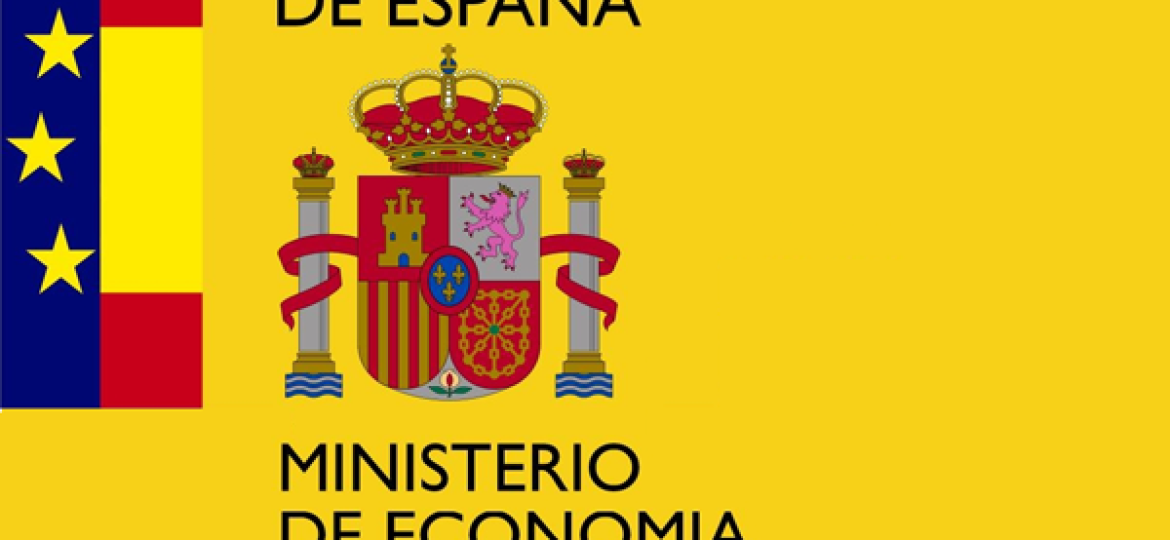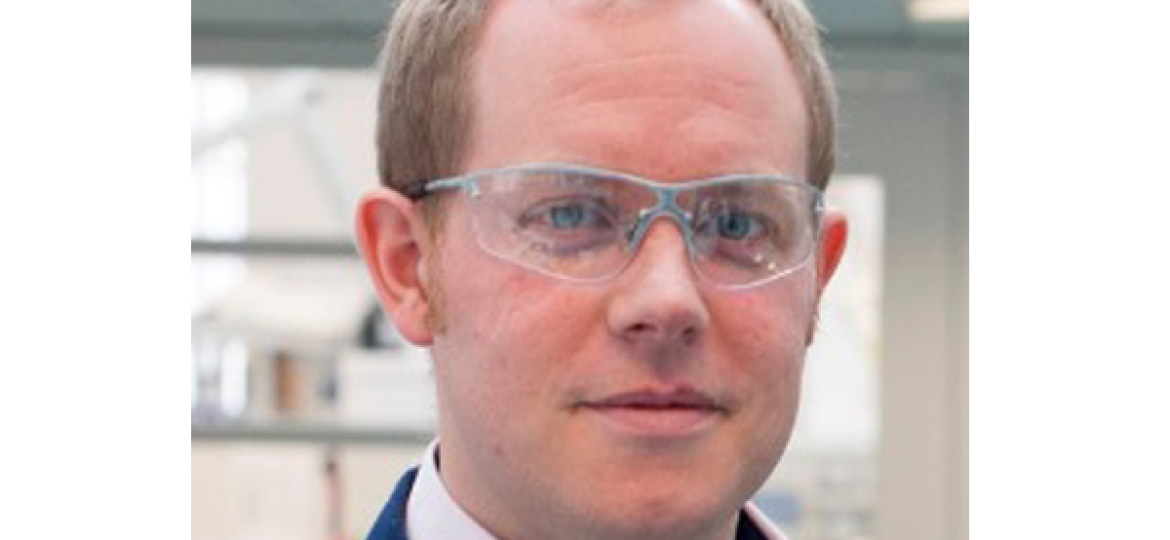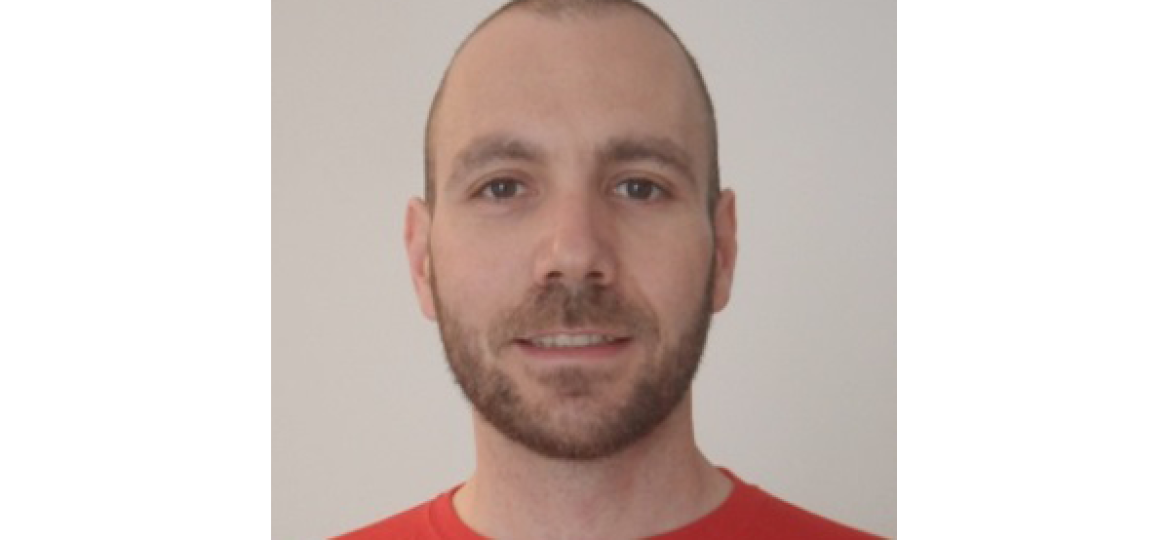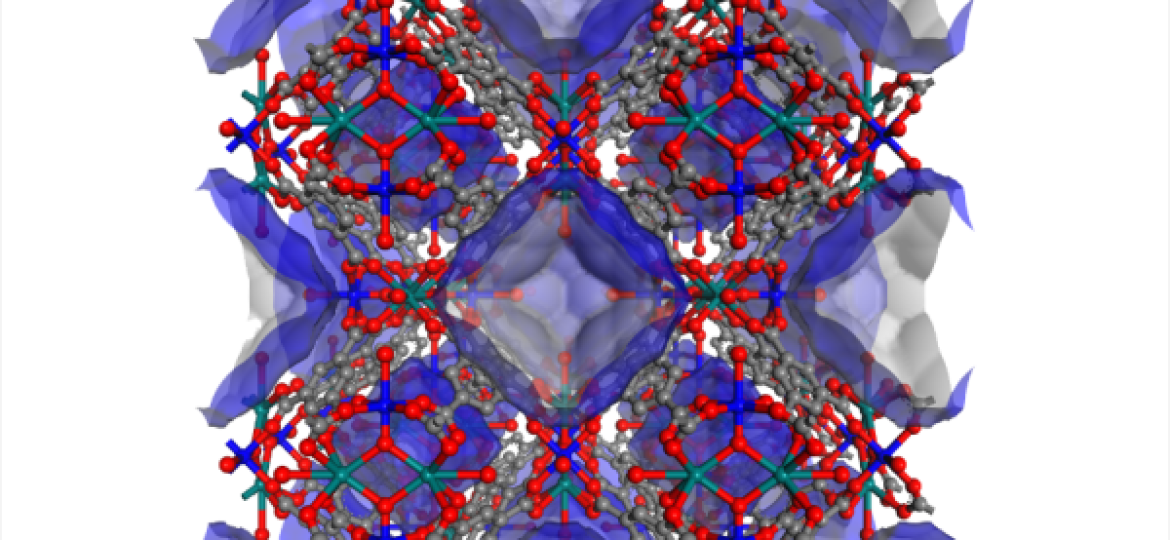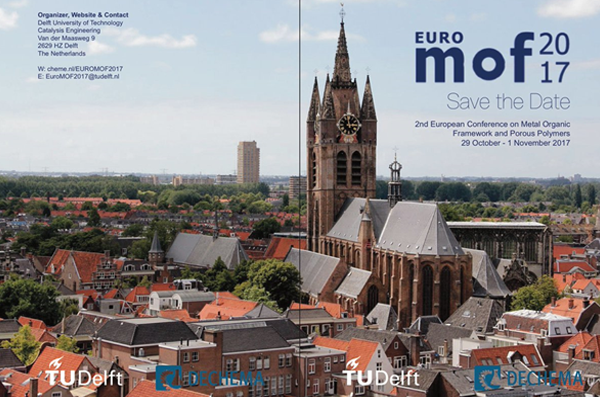Funimat was present at the ACS Symposium held in New Orleans and the docMOF symposium held in Germany. Carlos delivered a talk on charge transport in MOF ultrathin films and Javi presented our recent work in Titanium MOFs.
Carlos visited the Universidad Autónoma de Barcelona for an invited seminar to present our research on flexible peptide-MOFs for chiral drugs separation and high-pressure structural transformations.
Emilio J. Cocinero leader of the Spectroscopy Group at the UPV/EHU visited us to present their research on how high-resolution spectroscopy in the microwave region can be used to solve problems in modern chemistry.
Elena Lopez Maya, currently a Postdoctoral Researcher at the University of Versailles in France, has received a Juan de la Cierva in the category Formación to join FuniMat by the end of the year. Congratulations!
Ross Forgan, URF and Chemistry Reader at the University of Glasgow, visited us to lecture on the research of his team on the development of new applications based on zirconium (IV) metal-organic frameworks. We are hopeful this will initiate a fruitful collaboration between both groups.
Sergio is Valencian born and breed. He earned his Ph.D. in 2008, working in the group of Prof. Eugenio Coronado at the Universidad de Valencia. She next joined the Unité Mixte of Physicque CNRS/THALES. He received a Ramón y Cajal Fellowship in 2017 and will be leading the development of electronic devices based on conductive MOFs @Funimat.
Justine is originally from Lille, France. She joins the team as a visiting Erasmus Student. Her research will focus on controlling defects in the family of titanium MOFs MUV-10.
25 Jun: BAND-GAP ENGINEERING IN A NEW FAMILY OF HETEROMETALLIC TITANIUM(IV) METAL-ORGANIC FRAMEWORKS
Javier Castells & Natalia M. Padials work has just been published as a Very Important Paper in Angewandte Chemie Int. Ed. The work describes a new family of heterometallic Titanium(IV)-based Metal Organic Frameworks, namely MUV-10, that can be produced in gram quantity and show remarkable stability in water. Moreover, the paper shows how the electronic structure of these materials can be tuned through the heterometallic centres by means of metal doping, which is further supported by theoretical calculations and by photocatalytic H2 production from water, in collaboration with Hermenegildo Garcías group at ITQ. For more info see here
Funimat was present at the 2nd European Conference in Metal-Organic Frameworks held in Delft. Carlos delivered a talk on Peptide MOFs for enantioselective separation of chiral drugs and Javi & Natalia presented posters featuring our most recent work.
We have been awarded a 3 years project financed by MINECO that also includes a PhD Scholarship to develop Metal-Organic Frameworks of Biological Inspiration (CTQ2017-83486-P).

